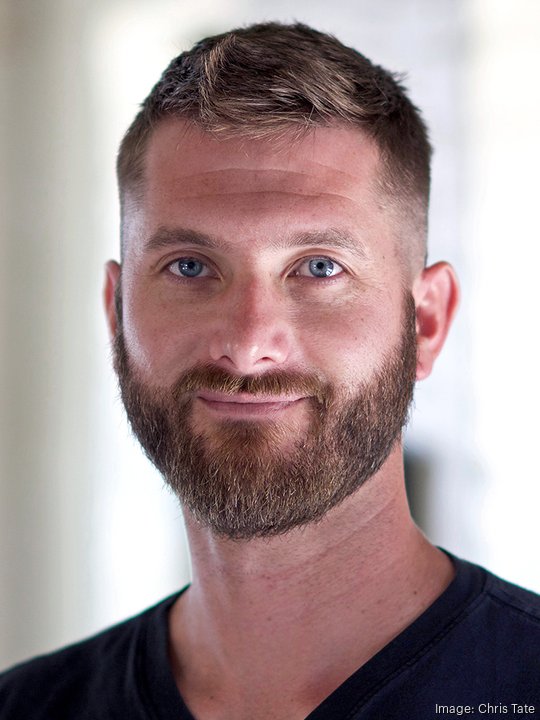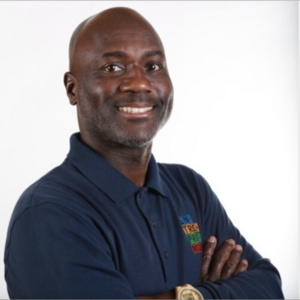The Baltimore technology economy this year will be dominated by the promise of a federal program that could funnel millions of dollars into the region.
Baltimore's designation as a federal technology hub could lead to tens of millions of dollars flowing into the region to expand the intersection of artificial intelligence (AI) and health care. Several of our startups to watch, such as b.Well Connected Health, Protenus and Backpack Healthcare are primed to benefit from growth in the health care and AI industries.
It would be a mistake to view the tech hub as the only opportunity to grow though. From cybersecurity firm Dragos's plans to expand in the Middle East to construction materials company Cambium Carbon's plans to save trees across the country show, Baltimore companies are finding the niches necessary to thrive.
Read on to learn why each of these startups are set for a big year in 2024.
Apkudo
Apkudo is primed to use its relationships with large technology companies to continue its rapid expansion in 2024 in the international market.
The Baltimore technology firm helps businesses determine what to do with old or damaged smartphones and other electronic devices. The company raised $37.5 million in February to expand internationally and boost its sales and marketing department.
Apkudo works with mobile phone carriers, device manufacturers and other firms to evaluate the condition of a device and manage a company's overall device inventory. After Apkudo determines if a device works, the company can decide whether it’s best to repair, sell or recycle the device. Apkudo hopes to create a more circular economy where recycling helps preserve finite resources like the metals required to make phones.
President Chad Gottesman said the company has started to see some success through new international contracts in Dubai and the United Kingdom. Dallas electronics company Basatne has started to work with Apkudo to process devices in the Middle East. This year Apkudo plans to expand through new major customers in Italy, Australia and Japan, Gottesman said.
Although cellphones are a ubiquitous part of modern life, less than 20% of electronics are recycled, according to the United Nations, creating a massive amount of waste and increasing the need to mine for rare metals. Some large technology companies, like Apkudo client Dell, want to change this by making more of their products out of recycled materials.
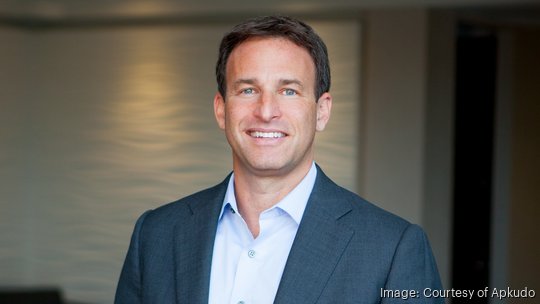
Backpack Healthcare
Backpack Healthcare has expanded rapidly through acquisitions to provide mental health care to children in the aftermath of the pandemic.
The Howard County firm acquired Washington, D.C., startup Hurdle Health in August and followed that up with the purchase of New York company SHE Health in August. The two companies Backpack acquired each focused on a specific subset of mental health care: Hurdle focused on providing care to people of color, while SHE Health focused on women and young adults.
Backpack Healthcare has three main products that blend technology with more traditional forms of health care. It offers a mental health self care application to help teach people basic mental health skills on their own and also offers access to pediatric and family medicine through a network of counselors, psychologists, social workers and other mental health professionals. Backpack Healthcare also offers live training sessions and small group discussions for the general public and private employers on topics like cyberbullying and substance abuse. The company currently has a total staff of around 90 people, with around 60 mental health professionals who provide care to patients through the startup. CEO Hafeezah Muhammad founded the company in 2020 after seeing how difficult it was to find mental health care for her 6-year-old son.
The youth mental health crisis has gotten worse in recent years in the United States because of the effects of the Covid-19 pandemic and social media. As school systems look to boost their mental health offerings in response to student needs, Backpack Healthcare hopes to step in to provide a solution. The company recently applied for a slice of a $120 million Maryland state government fund to expand mental health care, Muhammad said.

Blackpoint Cyber
Blackpoint Cyber recorded the only mega-deal in Greater Baltimore in 2023, providing a bright spot in a down year in the venture capital markets nationwide.
The Ellicott City cybersecurity firm raised $190 million in a series C round led by Bain Capital Tech Opportunities with participation from Accel and existing investors, including Adelphi Capital Partners, Telecom Ventures, Pelican Ventures and WP Global Partners.
Blackpoint Cyber works with managed service providers, or third-party companies that remotely manage the day-to-day operations of a company’s internet technology infrastructure. The company plans to use the capital to branch out into education and expand internationally. The firm launched “Blackpoint University” in April to offer technical training to customers. The education side of the business is intended to show managed service providers how they can attract more customers, learn the financial techniques necessary to thrive and build strong technology. The company has added 58 staff members since June to its over 150-person team through the $190 million round of funding.
The cybersecurity industry is also set to boom as companies continue to rely more and more on digital infrastructure after the pandemic permanently shifted many traditional office jobs into work-from-home positions. New AI tools have also made it easier to launch cyberattacks making it more important for companies to have a cybersecurity strategy.
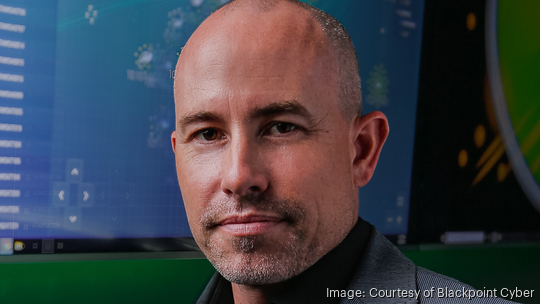
B.well Connected Health
This year, b.well Connected Health will see its technology get put on every single Samsung phone, potentially adding millions of users to the Baltimore startup.
B.well already has plenty of experience providing health care data to large numbers of customers. The company’s contracts with firms like MedStar Health cover 100 million patients. The company has also seen success in the venture capital markets, raising $32 million in funding in 2021.
The partnership with Samsung will enable people to view all their medical records on the Samsung Health application. The company will also provide advice to customers such as reminders about vaccinations and doctor's appointments once the application launches in 2024. Health care companies like Walgreens will partner with b.well to offer scheduling for in-person care and telehealth appointments through the app.
CEO Kristen Valdes is also planning to start a partnership with identity verification firm Clear this year to make it easier for patients to sign into medical portals without having to memorize dozens of passwords.
“We believe that it is life-saving for consumers and their families to have access to their health records," Valdes said.
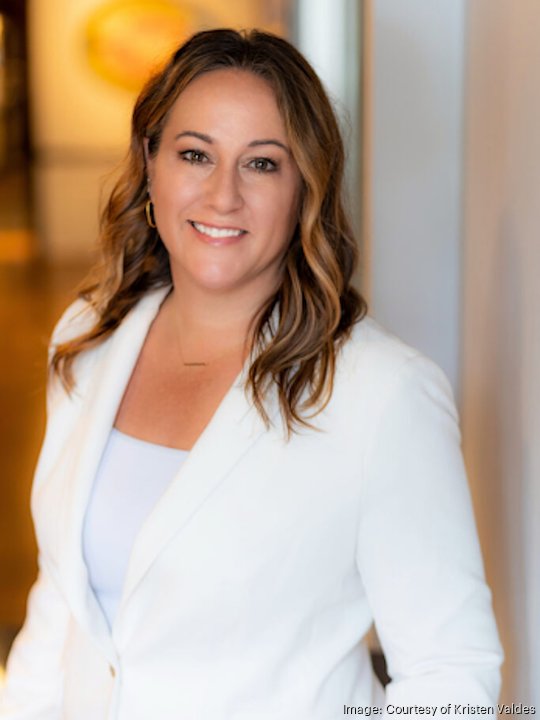
Cambium Carbon
A Baltimore-area company that takes wood from dead trees and turns them into pieces of furniture and other construction projects is planning to expand nationwide this year.
Cambium Carbon raised $5.3 million last year to finance a nationwide expansion in California, the Pacific Northwest and the Midwest. The company is reducing the need to cut down healthy trees for timber by using trees that fall down during a storm or are diseased to build useful products.
Cambium is also active in the M&A market, having acquired Baltimore Fallen Lumber in 2022 to boost its manufacturing capacity and in 2021 buying software firm Traece, which lets companies search through a large database of lumber and timber manufacturers.
The Arbutus firm already has several notable clients. Cambium partnered with Patagonia's Baltimore store to build racks and tables and built a conference table and reception desk for National Geographic’s Washington, D.C., headquarters. CEO Ben Christensen wants to take the company beyond desks and tables to build more decks and other household infrastructure out of its trademark "Carbon Smart Wood" product.
“You can only create so much impact selling conference tables,” Christensen said.

Cerebro Capital
Cerebro Capital is hoping that a patent and an increase of interest in the possibilities of AI could lead to growth for the financial technology firm.
Cerebro's technology uses AI to help middle market companies predict the structures and terms of loans from different financial institutions. Increased public awareness of AI could help boost commercial interest in the startup. To help capitalize on that interest, the company successfully earned a patent for its software in 2023 after a five-year process.
The company uses AI because it can process a massive amount of information quickly in a way that is impossible for human beings. Cerebro uses a variety of factors, from a firm's quarterly goals to federal policy, to predict the terms of a loan. For CEO Matt Bjonerud, AI has the potential to add technology in a field that has been left in the dark ages.
“The biggest evolution in corporate lending that has happened technology-wise has been the Excel spreadsheet,” Bjonerud said. “There hasn't really been much since then."
The firm will be going into 2024 with some new capital to further its technology. The company raised $3.4 million, according to a filing with the U.S. Securities and Exchange Commission on Aug. 4. The 17-investor round includes a $1 million investment from the Maryland Technology Development Corp.
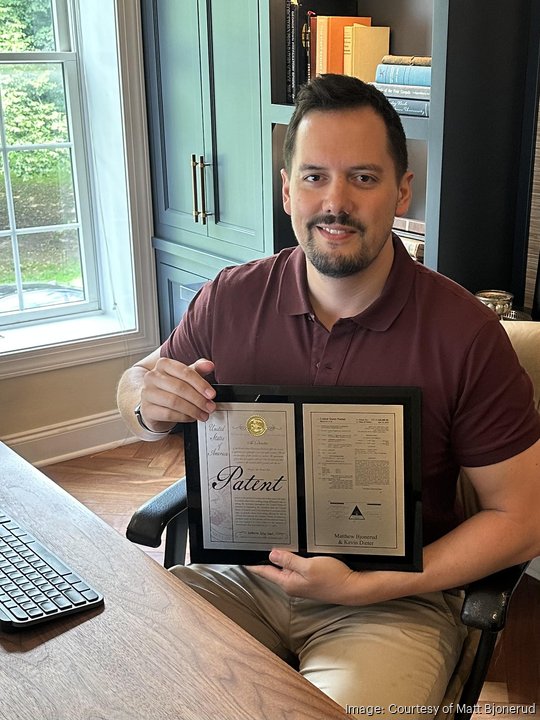
Concentric Educational Solutions
Concentric Educational Solutions grew rapidly during the pandemic from 20 staff members in 2020 to 147 this year after demand for tutoring, home visits and other student services exploded.
The Federal Hill company is set to expand even more next year after receiving a $5 million series A investment from New Markets Venture Partners. The company added several C-Suite executives and is adding new features to its mobile application to make it easier for parents and school districts to communicate.
The Concentric mobile app complements the firm's main product of in-person tutoring and home visits. School districts can message the parents and vice-versa to make it easier for parents to explain what their child needs to be successful in school. The firm is also exploring using online learning to have more consistent check-ins with students outside of in-person meetings.
CEO David Heiber's new group of C-suite executives in charge of spearheading the company's continued growth include CFO Mark Altmark, Chief Revenue Officer Alvin Crawford and new chief operating officer Karlo Young, a past Baltimore Business Journal 40 Under 40 honoree who previously worked at online education company 2U. Heiber hopes the experienced group of new executives can help mentor the younger directors of the startup as the firm continues to expand.
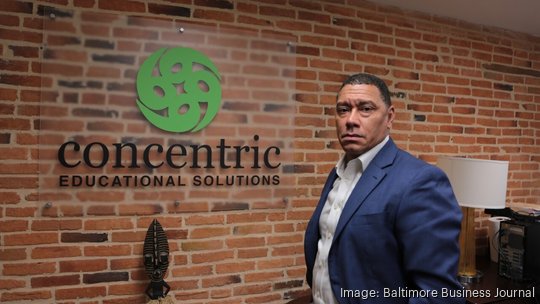
Dragos
Dragos is already one of the largest cybersecurity firms in Baltimore and is set for even more growth on the horizon after a major deal with oil giant Saudi Aramco.
The company achieved a $1.7 billion valuation in 2021 after raising a $200 million series D, making it one of Baltimore-area’s few “unicorn” companies, a moniker that refers to companies valued at more than $1 billion. Founded in 2016, the Hanover-based startup specializes in providing threat detection and response services for customers operating in industries such as electric, oil and gas, manufacturing, mining and transportation.
The firm continued to grow last year with a $74 million series D extension round led by New York investment firm WestCap. CEO Robert Lee plans to use the $74 million to help the company expand internationally.
Dragos signed a memorandum of understanding with oil giant Saudi Aramco, the second-largest company in the world by revenue, in November. Saudi Armaco is owned by the government of Saudi Arabia. The agreement could lead to Dragos using its cybersecurity technology to protect important hardware and software used by Aramco and other parts of the Kingdom. The MOU also includes initiatives to establish a training academy in Saudi Arabia to enhance cybersecurity in the region along with a Dragos-run hardware assembly facility. The deal is part of Saudi Arabia’s Vision 2030 plan to expand the tech sector to diversify the economy so it is less reliant on oil wealth.
The company is also branching out to help smaller utility companies through a "Community Defense Program," that launched in December. The program will give utilities that earn less than $100 million free access to several Dragos products.
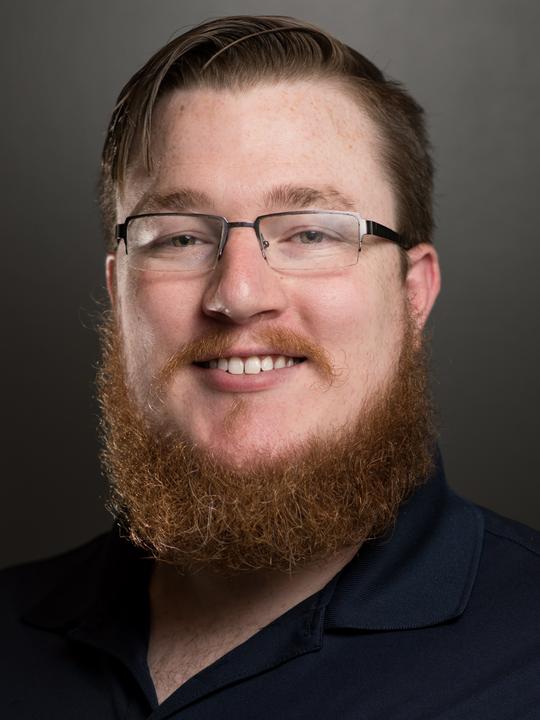
Impact Analytics
Impact Analytics has rode the changing market for consumer goods to massive growth over the past few years, raising large amounts of capital and garnering national attention.
The Linthicum-based AI firm has grown its revenue by 2,035% since 2019, ranking as one of the top 300 fastest-growing private companies in the country. CEO Prashant Agrawal believes the company will continue to grow as more firms adjust to the advances in AI.
“Just as Netflix and Zoom had their moments during the pandemic, we are having a moment right now for consumer and retail goods,” Agrawal said after the firm won its spot on the Inc. 5000 list.
Impact Analytics works with P&G, Tommy Hilfiger, Dick’s Sporting Goods and other top national retailers to improve their forecasting, planning and merchandising. The company raised $40 million in venture capital in early January, building on an $11 million round in 2021 and a $10 million round in 2022. Impact Analytics has started to integrate generative AI tools like ChatGPT to provide automatic recommendations to its clients about how to price and stock goods. Google Cloud recently partnered with Impact Analytics to blend the tech giant's generative AI capabilities to analyze large data sets and incorporate photo-realistic images with some of the Linthicum brand’s tools.
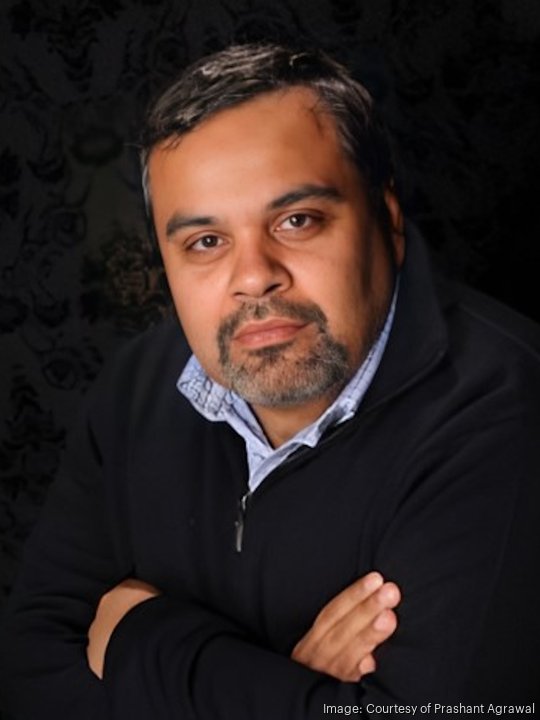
Protenus
Baltimore’s designation as a federal technology hub could bring in tens of millions of dollars into the local economy, and Protenus is one of the firms that could benefit.
The Baltimore health care analytics firm was mentioned as one of the company's advancing new innovations in the industry in the application the Greater Baltimore Committee put together to win the federal designation. Outside of the potential of the tech hub, Protenus recently won two patents to preserve its technology. The patents are an acknowledgement of the unique innovations the Baltimore firm is providing to health care.
The two patents focus on the firm's drug diversion surveillance technology. Drug diversion is when prescription drugs are stolen by health care workers or used by patients for things outside of their intended purpose. Protenus uses AI to try to identify drug diversion to reduce risks to health care organizations and patients. It is often difficult for organizations to identify drug theft, according to a paper published in the American Journal Health System Pharmacy in 2022, so there could be a large market of health care organizations that are looking for a new way to counter the practice.
